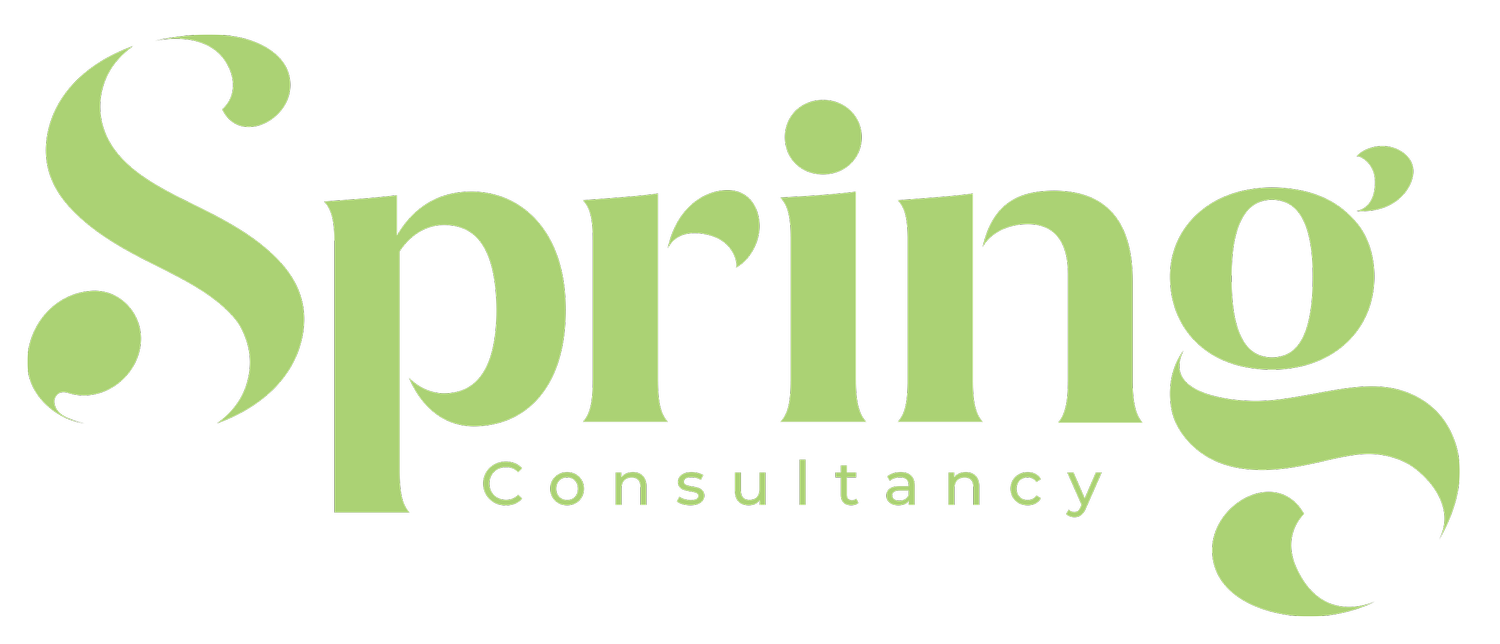A Focus on Business Structure
We know that setting up a new business is all-consuming. There are so many factors to consider—and that’s before you’ve even thought about how to operate your new venture. One choice you will need to make is how to structure your business… The two most common options are Sole Trade or Limited Company. There are pros and cons to each and there is no “one size fits all” so it’s something to consider carefully and we highly recommend seeking professional advice.
Here’s our rough guide on your likely routes:
Sole-Trade
You are self-employed, run your business as an individual and work for yourself.
You will need to notify HMRC of this and they will issue you with a Unique Tax Reference (UTR).
The profits of your business are yours and go into your Self-Assessment Return to be taxed at the standard rates. After personal allowance (if applicable) this is currently 20% at basic rate, 40% at higher rate and 45% at the additional rate. You will also pay Class 2 and 4 National Insurance.
The Pros
Admin
This option is definitely simpler from an admin perspective. There are no set up concerns other than advising HMRC of your status. Once you have calculated the profit you have made, this goes onto your Self-Assessment Tax return and there is no requirement to file any accounts at present.
But do note – HMRC plan to bring in Making Tax Digital (MTD) for Self-Assessment from April 2026 which will require quarterly reporting for the Self Employed earning over a set amount. This is therefore going to increase the frequency that you need to report your profits and thus is likely to increase the time spent reporting.
Tax Planning
There are still opportunities for tax planning and the key to this is keeping up to date and reviewing your position with your accountant before the end of the tax year. We therefore strongly recommend using a cloud-based software like Xero throughout the year.
The Cons
Risk
You and your business are one and the same so there is no separation legally. You are therefore personally responsible for any losses the business makes and any legal action against your business. Creditors will be able to make a claim on your personal assets (including any property).
As a result, raising business finance may be more difficult as lenders tend to favour Limited Companies.
Flexibility
This structure is not flexible in terms of spreading profits if you have peaks and troughs. You will pay tax on the profits you receive over the course of the tax year even if you are holding this to reinvest within the business at a later date.
Limited Company
Setting up a Limited company at Companies House (for a small fee) will result in your business running through a separate legal entity. The company will receive a UTR from HMRC for reporting the business’ tax and you as a director and shareholder will receive a separate UTR for reporting your personal tax on any drawings made from the business.
Company profits are subject to Corporation Tax currently 19% up to £50,000, 25% for profits over £250,000 and an effective rate of 26.5% between the small and main rate. Any profits after tax are then drawn out in the most tax efficient manner, at present this is usually a Director’s salary just under the National insurance threshold and the remainder as dividends which are taxed at lower rates than standard income. This is calculated at 0% for the first £1,000, after the personal allowance the remainder is taxed at 8.75% if you’re in the basic rate band, 33.75% in the higher rate band and 39.35% if you’re in the additional rate band. There is no National Insurance payable on dividend income.
The Pros
Tax Planning
With increases in dividend tax rates in recent years and the change in Corporation Tax from April 2023 (more detailed post here), the tax advantages of running a business through a company have reduced in recent years. However, there are still tax planning opportunities and depending on circumstances it may still be the most tax efficient route.
As mentioned above, the key to this is monitoring your position with your accountant before the year end, so keeping the business records up to date on a Cloud-Based software like Xero is really important.
Flexibility
Some businesses have peaks and troughs when it comes to the flow of income. If this goes through a Sole Trade, you will pay tax personally on receipt. If it were to come into a Limited company, you do not have to draw down all the profit and pay tax on it in one tax year. Furthermore, you may choose to leave profits within the business in order to grow and as such you will then not pay tax personally on any profits left in the business account. Having this flexibility can be very advantageous.
Risk
A Limited company is a separate legal entity and therefore the directors have limited liability. It therefore unlikely that they will be liable personally for debts or legal action brought against the company (with the potential exception of negligence or criminal activity). A Limited company therefore gives you protection over your personal assets.
You are more likely to be considered when raising business finance as lenders tend to favour Limited companies. Furthermore the outside perception to clients and suppliers may be that your business is more credible.
The Cons
Admin
In addition to the annual Self-Assessment Return the company is required to file a set of accounts and a Confirmation Statement with Companies House annually. A Corporation Tax Return is also required to be completed and filed with HMRC. It may therefore be that if your business is fairly simple and the tax savings are minimal that the additional administrative costs will outweigh the tax savings.
But what is right for your business? Given there is a lot to consider, we always recommending seeking advice to ensure you take the right route. We can complete a tax forecast to demonstrate the likely tax effects of each structure and run through how your business would be affected by the other pros and cons to provide guidance.
If you’re just dipping your toe in the water with a new business idea, it could be wiser to start off as a sole-trade. You can then review this as the business grows and if your side-hustle becomes your main hustle it may then come to a point where it’s right to incorporate.
Whenever we meet a new client we always consider their business structure, even if it has been in existence for a while as circumstances change and so do the options available to you. If you’d like to explore this further, please get in touch.
We always recommend that you seek advice from a suitably qualified adviser before taking any action. The information in this article only serves as a guide and no responsibility for loss occasioned by any person acting or refraining from action as a result of this material can be accepted by the authors or the firm.

